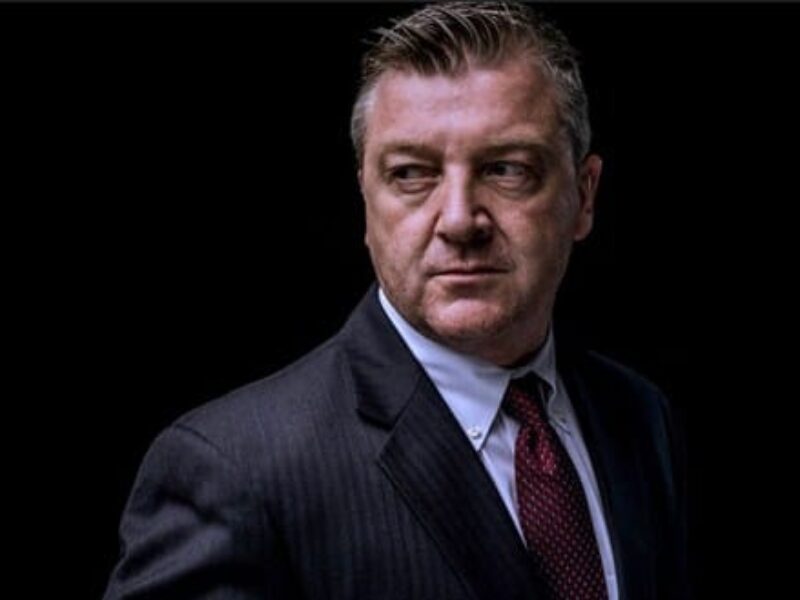The candidate-recruiter relationship is what underpins the entire recruitment process.
“Recruitment is emotional,” says Randy Moore, from his study near New York. He’s not wrong; we’ve all been through it. Spending hours finding the perfect vacancy, crafting the ultimate cover letter and then waiting. The anticipation, the frustration, the joy.
If anyone knows how to improve job search experience better, it’s Randy. The ex-professional baseball player has been in the industry for over 20 years and is now a Managing Director at New Jersey-based Associated Global Services. He’s also the founder and CEO of talent management system, Pocket Recruiter, and will soon be appearing as a boss on online global reality show, Top Recruiter.
When Randy says that recruitment is emotional, you know that’s experience talking. Recruitment is a human activity and its success – for both parties – relies on relationship building.
“A relationship is a two-sided bond”
Twenty years ago, before databases and job boards, recruiters had no other option but to simply call up. Randy quickly learned how vital it was to get to know the individual and their motivations.
“How do I place that person if I don’t know what really drives them?” He says. Instead, he invests time in getting to know the person, asking questions to create a picture of their life. This approach breaks the ice, demonstrating genuine care. In turn, this builds trust on both sides.
Armed with information on the candidate, it’s easier to understand what aspects of a particular role might excite them (the ‘sizzle’ of the job, as Randy calls it. That makes the matching process far easier and – importantly – more accurate.
Randy has met every one of his candidates face to face. But this isn’t the only method that works.
“Technology improves the candidate experience”
Technology has always been important in job hunting – whether it’s the printing press that got those job ads into our local newspaper or the latest instant message apps. Some people might fear that new tech removes the essence of the candidate-recruiter relationship, the personal touch, but Randy thinks otherwise.
“When the first job boards came out, people said: ‘Oh god, no more recruiters!’ Then with LinkedIn: ‘Oh god, no more recruiters!’ What separates recruiters is relationship building,” he says. “Recruitment is unique in that it’s a sale with a human being on both sides, but you can do that on the phone. It’s still communication, right? Embrace it, adapt and utilise it to grow.”
Technological innovation has served also to improve the relationship and enhance what both candidates and recruiters can get out of it – including the Holy Grail of candidate wishes: providing instantaneous feedback.
A case in point is Pocket Recruiter, borne out of Randy’s frustration that his own recruiters were forced to spend so many hours screening irrelevant CVs and not building those important relationships. Combined with a passion for artificial intelligence, Randy and his team created a system that can not only match more effectively, but learns as it goes along, allowing subsequent searches to be even better.
It means that recruiters don’t need to spend so much time going through CVs, and can instead focus on the human activity of the job: getting to know the candidates and making the best career matches for them.
Best interests at heart
We recently ran a survey on job hunting. Our results reveal the one thing that respondents feel would improve the job hunting experience is a recruitment consultant who has their best interests at heart.
“I’m here to find you a good career – that’s how it should be flowing,” he asserts.
It’s important, no shadow of a doubt, that you are open, trusting and honest with your consultant – answer the phone, respond to their emails and nurture that relationship. After all, the right relationship could lead you to a perfect, satisfying and rewarding professional future.
Watch Randy on Top Recruiter later this month and follow him on Twitter at @Recruit_Doctor.









